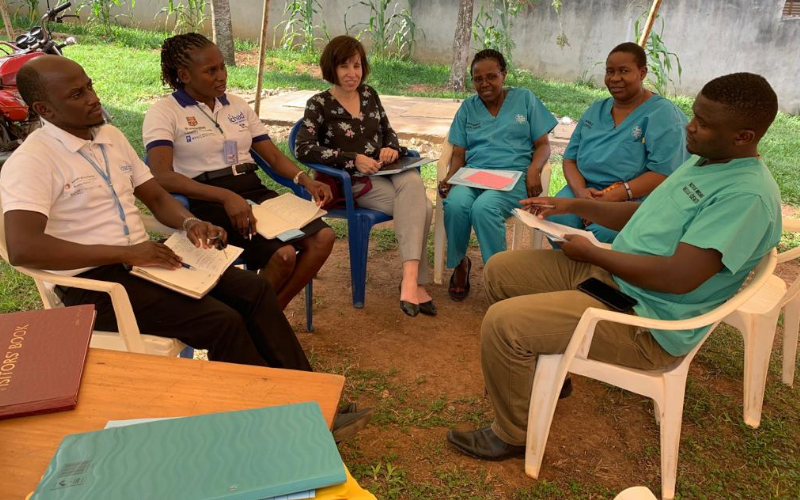Suubi4Cancer
 Suubi4Cancer
Suubi4Cancer
Principal Investigators: Fred Ssewamala, PhD; Kimberly Johnson, PhD; Ozge Sensoy Bahar, PhD
Project Team Members: Apollo Kivumbi, MBchB, MPH; Abel Mwebembezi, PhD; Nixon Niyonzima, MBchB/PhD
Field Coordinators: Herbert Migadde
Research Collaborators: Uganda Cancer Institute
Study Aims: Suubi4Cancer (R21CA236531; 2018-2021) seeks to identify confirmed and suspected cancer cases in a cohort of >3,000 youth living with HIV/AIDS (YLWHIV) in districts heavily affected by HIV/AIDS in Southern Uganda. This study also aims to explore the short-term preliminary outcomes of an existing evidence-based economic empowerment (EE) Intervention, on access to pediatric cancer diagnosis, care, and treatment adherence in YLWHIV among individuals with suspected cancers. In the proposed Suubi4Cancer study, we will test the theory that youth and their families’ cognitive and behavioral change is influenced by economic stability. In addition, we will examine if enhanced cancer knowledge through intra-familial support and communication will help maintain positive behavioral health functioning and reinforce engagement in care and treatment. The study findings will also contribute to the initiation of a regional registry for YLWHIV for cancer research.
Study Design: Suubi4Cancer is a mixed methods study that will leverage a five-year NIH-funded R01 clinical trial of perinatally HIV-infected children in 39 Ugandan health clinics to collect pilot data needed to explore acceptability and short-term preliminary outcomes of the enhanced intervention. Using medical records (MRs), we will recruit at least 78 youth (ages 10-21) years with suspected malignancies from ~3,000 HIV+ youth receiving care in 39 clinics (~ two youth/clinic over a six month period).
Study Interventions: Suubi4Cancer will apply a combined intervention that includes an EE intervention that utilizes Child Development Accounts (CDA), which incorporates matched savings, and a series of educational trainings with an emphasis on cancer education, specifically addressing cultural misconceptions regarding cancer tumors. The Suubi EE intervention promotes family income-generating activities (IGAs) for impoverished HIV positive adolescents and their families to meet financial-specific needs associated with managing clinic visitation appointments and fees. Topics covered in the EE include: saving and asset building, self-esteem, and negotiation skills.
SUUBI4Cancer Publications
Johnson KJ, Bahar OS, Nattabi J, Migadde H, Ssentumbwe V, Damulira C, Kivumbi A, Niyonzima N, Ssewamala FM (2021). Pediatric, adolescent, and young adult cancer in an HIV-infected rural sub-Saharan African population. AIDS Care. PubMed
Katumba, R. G., Bahar, O. S., Johnson, K. J., & Ssewamala, F. M. (2020). Cancer in Youth Living With HIV (YLWHIV): A Narrative Review of the Access to Oncological Services Among YLWHIV and the Role of Economic Strengthening in Child Health. Frontiers in Public Health. PubMed
Ssewamala, F. M., Bahar, O. S., Johnson, K., & Katumba, R. G. (2019). Suubi4Cancer: A Protocol for An Innovative Combination Intervention to Improve Access to Pediatric Cancer Services and Treatment Adherence among Children living with HIV/AIDS in Uganda. Contemporary Clinical Trials Communications, 100459. Science Direct

